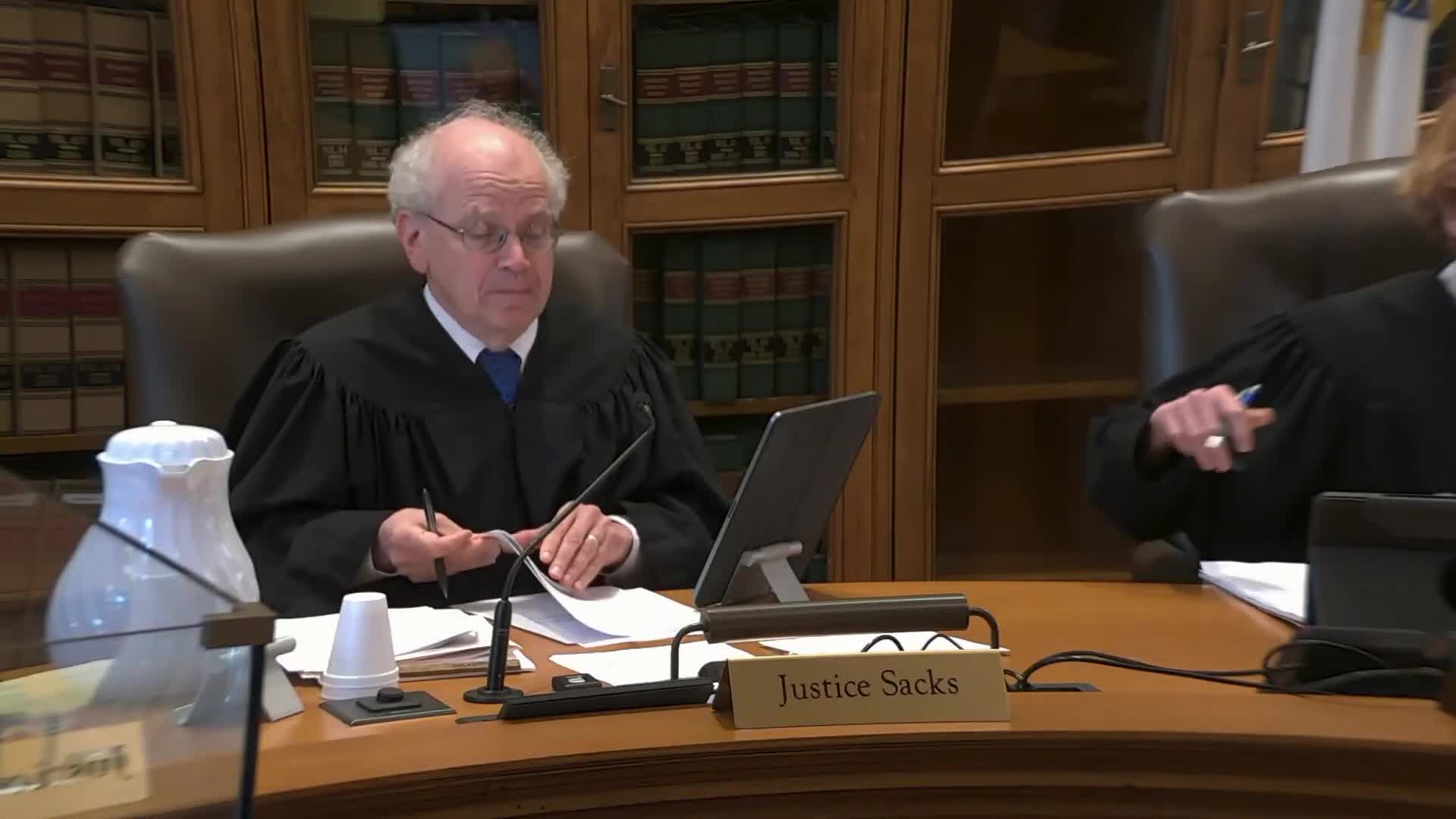Appeals court hears challenge to SORB risk finding after expert research on exclusive vs. nonexclusive pedophilia
Get AI-powered insights, summaries, and transcripts
Subscribe
Summary
A petitioner before the Appeals Court argued the Sex Offender Registry Board ignored empirically validated research showing different recidivism risks for exclusive versus nonexclusive pedophilia; the board and its counsel said the hearing examiner considered the evidence and applied statutory factors.
A petitioner on the Massachusetts Sex Offender Registry sought relief in the Appeals Court, arguing that the hearing examiner and the Sex Offender Registry Board (SORB) ignored new, peer‑reviewed research and thus denied the petitioner the due‑process right to an individualized risk hearing.
Elizabeth Caddock, counsel for the petitioner identified in court as John Doe, urged the panel that updated research — some published after SORB revised its regulations in 2016 — distinguishes “exclusive” pedophilia (persons attracted solely to children) from “nonexclusive” pedophilia (persons attracted to children and adults), and that the re‑offense risk for nonexclusive pedophiles is no higher than for other offenders against minors. She told the court those empirically validated studies should trigger SORB’s regulatory obligation to consider them under factor 35/37 of the SORB rubric.
“According to the SJC cases dealing with this particular issue,” Caddock told the panel, “the hearing examiner ignored it,” and that prior Supreme Judicial Court rulings had vacated SORB decisions that failed to consider updated research on age or female offenders. She argued that factor 1 (mental abnormality/pedophilia) therefore should not have been applied to her client if the research shows his risk aligns with other *** offenders.
Assistant Town Counsel Roxanne Greenaway, representing the board, told the judges the hearing examiner considered the proffered tools and testimony — including actuarial instruments such as the Static‑99R and RSVP — and answered questions about whether the decision’s language could have more clearly engaged the submitted literature. Greenaway said that, in the record, the petitioner’s evaluations and the hearing examiner’s findings showed an ongoing, primary sexual interest in young children and that SORB’s statutory and regulatory factors permit application of factor 1 in those circumstances.
The panel questioned whether the hearing examiner’s decision adequately explained how it weighed the psychometric instruments and an expert’s testimony. Justice John Englander asked why the decision used a boilerplate qualifier — “to the extent each was correctly applied to the facts” — when assessing risk tool results and whether that phrasing undermined meaningful appellate review. Counsel for the petitioner urged remand to require the hearing examiner to explicitly address the empirically validated research and to explain whether factor 1 should apply as‑applied to this individual.
The court recessed and will decide whether the record shows the petitioner was denied an individualized hearing under SJC precedent or whether the hearing examiner provided sufficient factual findings to sustain the board’s decision.
